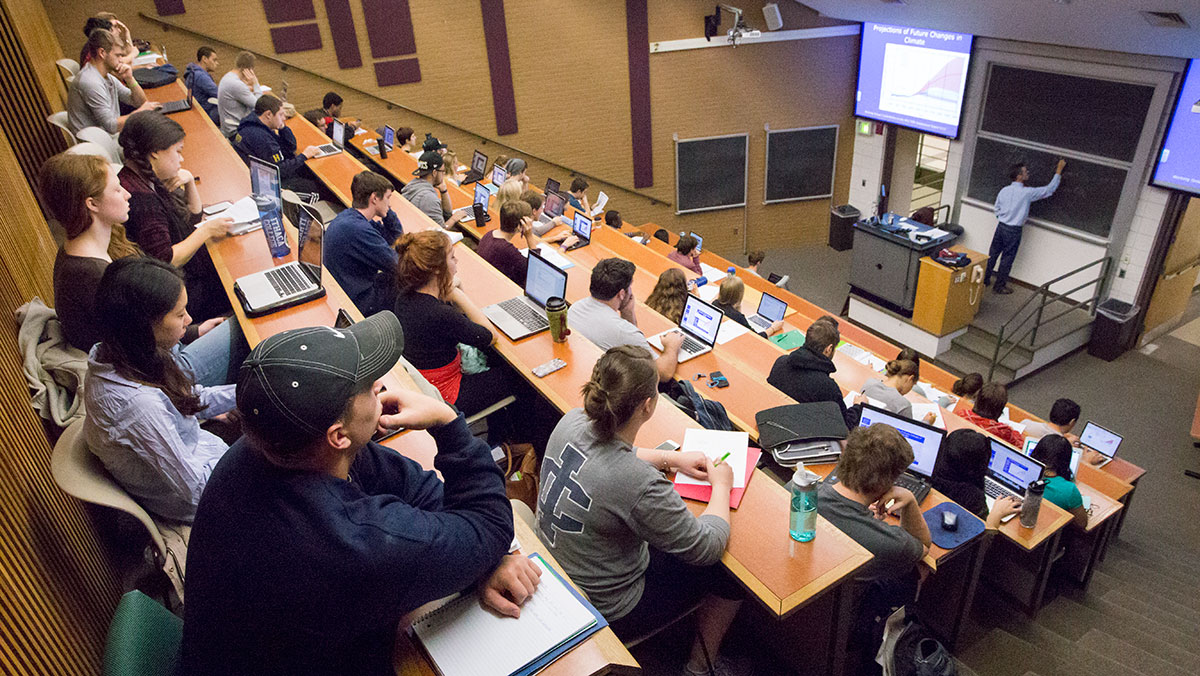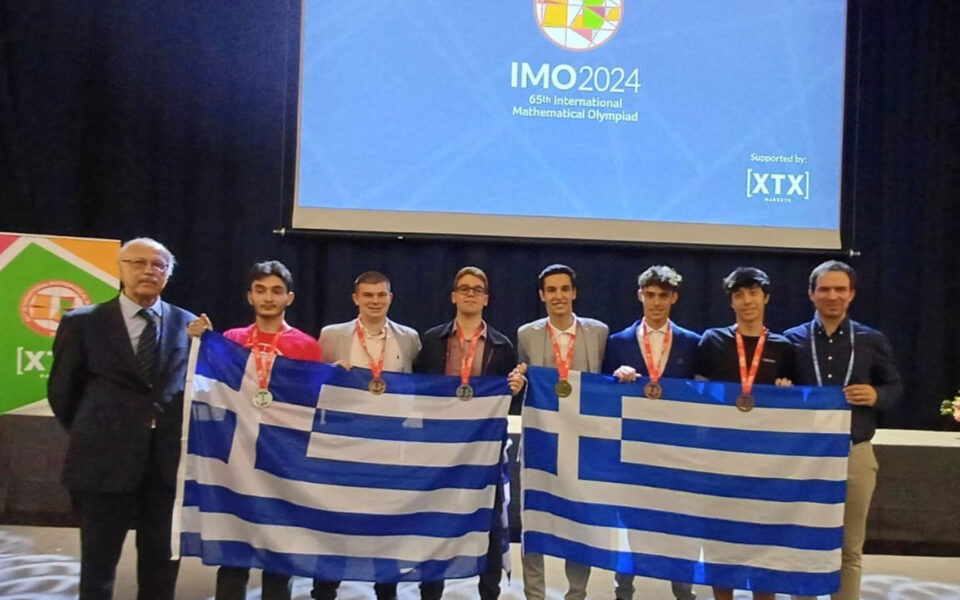Partnerships between Greek, US universities


“Have faith in your stars.” This is the motto chosen for an Education Ministry program to fund individual scientists as well as research consortiums over a three-year period on the basis of academic excellence. Meanwhile, more reforms are in the pipeline that officials say will be guided by criteria of excellence, extroversion, independence and accountability. Among these is the establishment of schools of applied sciences that will fill the space left by the technical colleges, known in Greece as TEI, which were abolished by the leftist SYRIZA government. Also, the ministry is working to advance partnerships between Greek universities and leading foreign institutions.
According to the blueprint designed by the conservative administration, state funding for universities will be tied to performance outcomes in strategic areas. The aim will be to upgrade their research and teaching infrastructure (such as equipment and labs), their expansion into new research areas and the improvement of their teaching methods. Furthermore, universities will be able to recruit visiting professors from outside institutions. The idea is to attract distinguished Greek and foreign scientists for a number of months or even years.
Several partnerships have already been launched between Greek and US universities, giving rise to some early synergies: A total of 10 Greek institutions including the National Technical University of Athens (NTUA), the Aristotle University of Thessaloniki (AUT), the Athens University of Economics and Business (AUEB), the Ionian University and the International Hellenic University have partnered with leading US institutions including Harvard, Columbia, New York University (NYU) and Johns Hopkins. Progress has also been made in cooperation with China. A joint postgraduate program is scheduled to launch in September next year while the statute for the Center of Ancient Greek and Chinese Civilization has been approved by the senates of four founding universities.
Another key goal is narrowing the gap between higher education and market needs. To this end, the ministry will fund industrial postgraduate programs with the aim of building a pool of PhD manpower with critical R&D skill-sets for roles in the industry. Officials are also putting the final touches to a bill that includes provisions for the commercial exploitation of research results and the creation of spinoff and knowledge intensive enterprises by researchers and academic staff.
A further objective is to establish schools of applied sciences. This will be combined with a broader reorganization of tertiary education after the ministry’s decision to introduce a minimum entry requirement left universities with empty seats. The report by the committee of experts led by Nobel Laureate Sir Christopher Pissarides recommends that given the abolition of TEI, the ministry must ensure that higher education institutions become more oriented toward science and technology applications in the workplace. One idea would be to divide universities or university departments between those offering courses in science and technology, and those with a more theoretical or research orientation. The former could offer three-year programs with mandatory internships and close cooperation with businesses, with emphasis on dynamic sectors of the economy (such as manufacturing, food, energy, tourism, information technology and the green economy).
In recent decades, the share of graduates as a percentage of the workforce and the population has risen significantly. Upgrading and renewing their skills requires expanding the role of universities in lifelong training. This trend is already evident in Greece and is expected to intensify in the coming years. There is plenty of room for cooperation between universities and businesses in what could form a win-win relationship. The Education Ministry wants to see universities’ lifelong learning centers assume the professional training of unemployed workers.
Finally, the globalization of tertiary education mandates that Greece modernizes the procedure whereby it recognizes degrees from foreign universities. The existing system has been dysfunctional, often drawing protests from Greek holders of foreign university degrees. A bill is currently being drafted by the National Academic Recognition and Information Center (DOATAP), a state body – formerly known as DIKATSA – that recognizes degrees.
Source: ekathimerini.com




